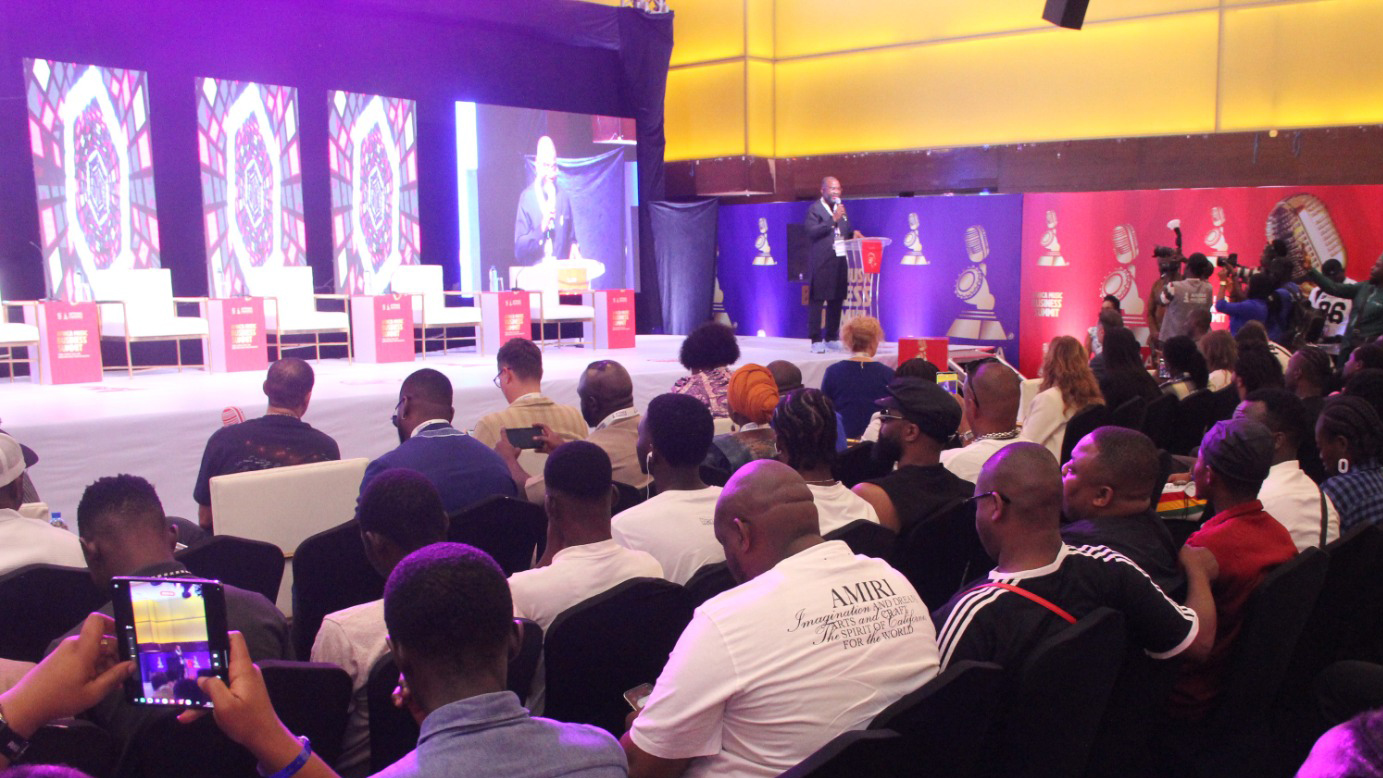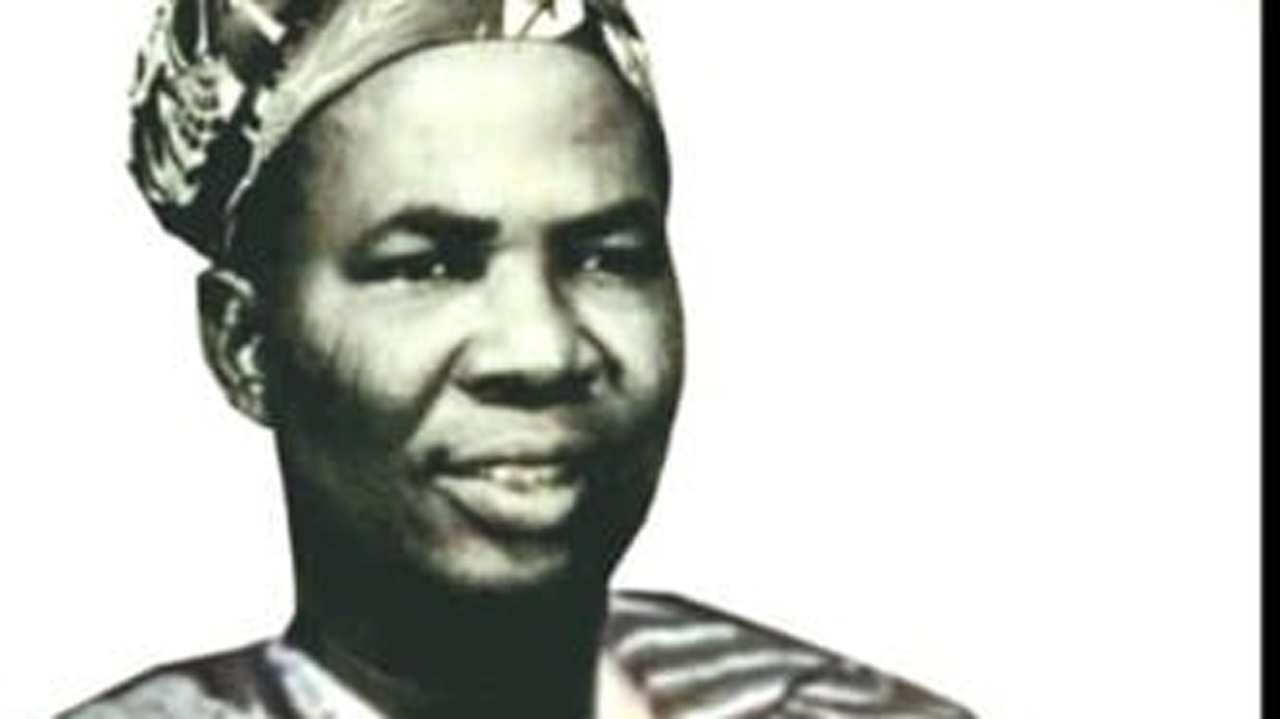Faults non-inclusion of under-35 youths in federal cabinet
Oxfam Nigeria has raised the alarm over deepening inequality in the country, revealing that more than 83 million Nigerians live on less than N3,100 ($2) daily.
It also emphasised that inequality in Nigeria “is not a natural occurrence” but the result of deliberate policy decisions, entrenched interests, and cultural norms that sustain poverty and exclusion.
Oxfam Country Director, John Makina, disclosed this in Abuja, yesterday, during a high-level dialogue themed ‘The Next 90%: Youth, Policy & A Fairer Nigeria’, organised by Oxfam Nigeria and the Malala Fund.
He said: “We are here to talk about something very important: inequality. Think of it this way: imagine a big party for 100 people, 10 people in one room get 90 per cent of all the food, while the remaining 90 people in another room have to share the remaining 10 per cent.
“That is what is happening in our country. The reality is that the top 10 per cent controls an overwhelming 90 per cent of our country’s resources, and over 83 million Nigerians are left to live on less than N3,100 ($2) a day.”
According to him, this is not only about money but about life in general.
“This is the reality that holds our country back. This is also why we see a striking zero per cent representation of young people under 35 in the federal cabinet of Nigeria.
“This isn’t just about fairness. Including young people in government is a strategic choice for our nation’s future, our economy and our peace. By giving young people a seat at the table, we can tap into their immense potential and build a stronger and more innovative country for everyone,” he added.
Citing findings from Oxfam’s latest inequality report, Makina called for reforms, including strengthened public services, taxation on wealth and excess profits, progressive labour policies and dismantling of monopolies to create jobs and promote inclusive growth.
In his remarks, the CEO of Connected Development (CODE), Hamzat Lawal, attributed Nigeria’s widening inequality to the government’s failure to align budgetary allocations with actual releases, especially in the education sector.
Also speaking at the event, the Chief Executive of the Malala Fund in Nigeria, Ms Nabila Aguele, echoed the urgency of addressing structural inequality.
She described Nigeria’s inequality as among the most entrenched globally, with 133 million people (63 per cent of the population) living in multidimensional poverty.
Aguele said: “Youth unemployment stands at over 42 per cent. More than 11 million girls are out of school, 60 per cent of them in Northern Nigeria. These are not just statistics; they are ticking time bombs.
“No nation can prosper while leaving its women and youth behind. We must invest in human capital, particularly education and health, and design policies grounded in local realities and led by community actors.”
She commended the efforts of local civil society organisations such as CODE, which are actively driving grassroots change.






